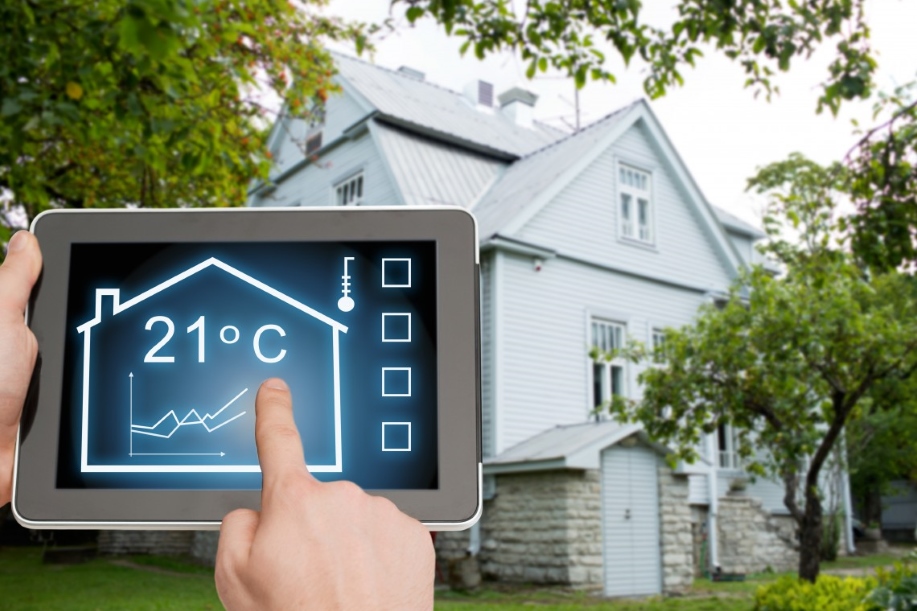A home automation system should guarantee considerable energy savings, which translate into substantial economic savings. However, before going into more detail, let’s ask ourselves the following basic question: what is home automation?

The concept of home automation is very broad and refers to all the technologies that can be applied to make the use of a building and its spaces more practical, efficient and comfortable.
A smart home is equipped with cutting-edge electronic devices, automations and above all, such a house, allows you to manage all technological elements with the utmost convenience and, in the vast majority of cases, through the Internet.
The smart house is an example of IOT, an acronym that stands for the Internet of Things, or the idea to use the web for the management of technological objects that find a concrete use in our everyday life.
How much would you save with a home automation system?
Home automation means less energy consumption, which sometimes can be very significant, for various reasons, starting from the various automations that can distinguish this type of homes.
- Automations are excellent for limiting energy waste: for instance, the automatic switching-off of lights in areas where special sensors do not detect any movement, or the automatic regulation of the switching-on of the heating or the switching-off of the air conditioning; depending, not only, on people’s presence in the room, but also depending on the real internal temperature.
- A smart house stands out for its high level of cutting-edge solutions, and this also goes hand in hand with energy savings.
A striking example of this is the use of the latest generation of lamps, LED lamps, which are far more efficient than obsolete lamps: not only do LED lamps ensure low consumption, they also have a maximum durability, which compared to the life of normal bulbs, is incomparable. - Switches can also play an important role in energy saving: if traditional switches are replaced with dimmers, lighting energy consumption will definitely decrease.
While with classic switches there are two possible options, to switch them on or to switch them off, with a dimmer you can adjust the intensity of the light emitted by a dimmable lamp according to the needs of the moment: small aspects like these can ensure a consistent energy and money saving in the long run. - The possibility of managing the available technological elements present in the house via the Internet, can also guarantee considerable savings.
In a smart house par excellence, in fact, the management of all technological devices takes place through the use of special Apps: you only need to download and use the appropriate app, to manage the entire house through your smartphone.
By managing domestic technology in this way, waste can be easily avoided and, such actions can be carried out without any problems, even remotely. It is not necessary to be at home to be able to manage the various home devices, on the contrary, this can be easily done even from another city or from another country.
Another very important aspect for which a smart house deserves to be considered as a synonymous of energy efficiency is the fact that it can be distinguished by specific systems for the production of clean energy, such as a photovoltaic system, or a wind power plant.
Thanks to these solutions, the energy produced can be immediately used for domestic needs. There are even houses that, thanks to these systems, are completely self-sufficient from an energy point of view.
The same can be said of the so-called solar collectors, which use specific processes to exploit solar radiations to heat water for domestic use.
If you are asking yourself how much money you would be saving with a smart home, well, the answer is not that easy since there are so many different factors that need to be taken into account.
The amount of savings depends on the size of the house, the number of people living there and their consumption habits, as well as on the number of devices installed, and on their technical features.
What is certain is that a smart house can ensure very substantial savings, ensuring much lower consumption than what a similar building in terms of size and number of people would offer, but being less energy efficient.
On an annual basis, a smart house can ensure savings ranging from a minimum of several hundred euros to several thousand euros. In light of this, it is clear that equipping a home with cutting-edge technologies and modern management systems, such as online systems, is a real investment that can prove very fruitful.
